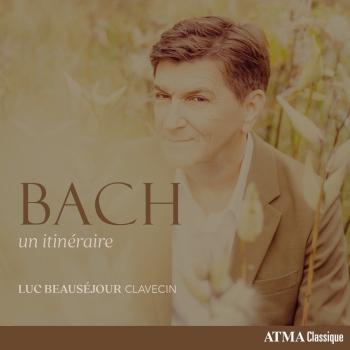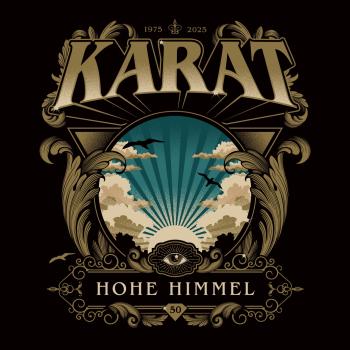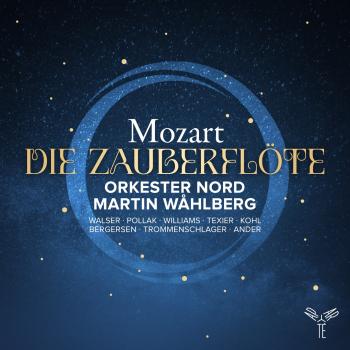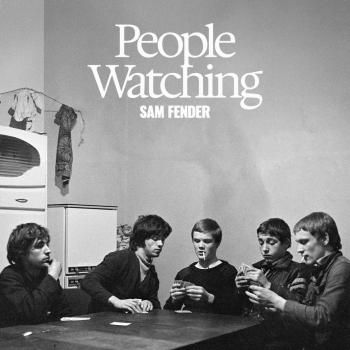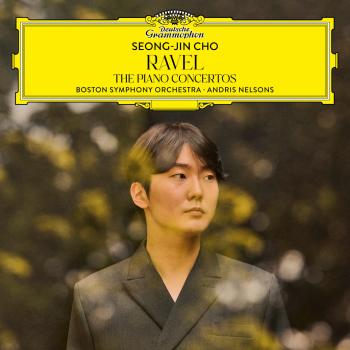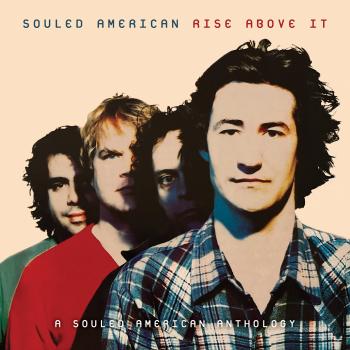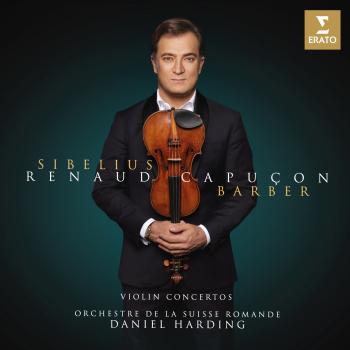Constanine Caravassilis, Tenth Muse Ensemble, Tallinna Kammerorkester & Kais Roose
Biographie Constanine Caravassilis, Tenth Muse Ensemble, Tallinna Kammerorkester & Kais Roose
Tallinn Chamber Orchestra (TCO)
was founded in 1993 by conductor Tõnu Kaljuste. During the past three decades it has become one of Estonia’s signature orchestras and a welcome guest performer on numerous stages in Europe and all over the world. TCO has gained recognition for its artistically integral programmes, style-sensitive play and mastery of interpretation. The diverse repertoire of the orchestra includes music from the Baroque, Classical and Romantic era; an important part is also held by the musical works of the composers of 20th and 21stcentury, including less known pieces and premieres. TCO’s musicians are highly rated string players, who also regularly perform as soloists and chamber musicians. Tallinn Chamber Orchestra has a long-standing cooperation with the Estonian Philharmonic Chamber Choir – joint performances and recordings have gained in- ternational fame and recognition for both parties. In 1993, conducted by Tõnu Kaljuste they recorded Arvo Pärt’s Te Deum for the ECM record company. The record earned high ratings from the world’s leading music critics and remained for months in the top ten of record sales. Under the label of ECM, numerous other records have been released, such as Arvo Pärt’s Litany, In Principio and Adam’s Lament; also Erkki-Sven Tüür’s Crystallisatioand Heino Eller’s Neenia. Tal- linn Chamber Orchestra has also recorded music for Warner Music / Finlandia Records, Carus Verlad, Ondine etc. In 2014, the orchestra released a record with Joseph Haydn’s work (soloist Silver Ainomäe, conductor Risto Joost). In 2017, the record company Ondine released Tõnu Kõrvits’s CD Lageda laulud (Moorland Elegies) where the music was performed by Estonian Philharmonic Chamber Choir and Tallinn Chamber Orchestra – the record was awarded the Classics Album of the Year at Estonian Music Awards 2018.
Tõnu Kaljuste was the orchestra’s first chief conductor in 1993–1995 and 1996–2001. Juha Kangas collaborated with the orchestra as the chief conductor in 1995–1996 and an artistic adviser in 2001–2003. The following decade was curated by Tallinn Philharmonic Society’s artistic director Eri Klas. In 2013–2019 the chief conductor of TCO was Risto Joost. The season of 2019/2020 welcomes Tõnu Kaljuste as the chief conductor again. As guest conductors, the follow- ing highly rated professionals have collaborated with TCO: John Storgårds, Pietari Inkinen, Okko Kamu, Jaakko Kuusisto, Richard Tognetti, Terje Tonnesen, Daniel Raiskin, Alexander Rudin, Florian Donderer, Dmitri Sitkovetski, Kolja Blacher, Pe- ter Spissky, Maxim Rysanov, Andrew-Lawrence King, Dmitri Sinkovski; also, acknowledged Estonian conductors like Olari Elts, Paul Mägi, Arvo Volmer, Neeme Järvi, Kristjan Järvi, Vello Pähn, Jüri Alperten, Mihkel Kütson, Anu Tali, Mihhail Gerts, Kristiina Poska and many others. TCO has performed in many prestigious music festivals such as festival of Bach’s cantatas in Milan (Italy, 1996, 1997); Musikfest Bremen (Germany, 1998); MITO SettembreMusica (Milan/Turin, 2004, 2007, 2017), the Budapest Autumn Festival (2005), Kaustinen Chamber Music Week (Finland, 2005); Festival Arturo Benedetti Michelangeli (Italy, 2007), Musiikkia!(Finland, 2012); Festival Cervantino (Mexico, 2012), Vale of Glamorgan Festival (Wales, 2015), MDR Musiksommer (Germany 2017); Euphonie (Poland, 2018) etc. Concert tours have taken the orchestra to the USA, Canada, Japan, China, Brazil, Argentina, Mexico, and most European countries. Next to the famous concert halls in Europe, TCO has also performed in Carnegie Hall, New York City and the Forbidden City Concert Hall in Beijing. In 2013, Tallinn Chamber Orchestra received the Estonia Music Council’s Prize for Interpretation. TCO is one of performers on Arvo Pärt’s record Adam’s Lament for which the conductor Tõnu Kaljuste received Grammy in 2014.
Constantine Caravassilis
Driven by beauty and spirituality; inspired by literature, nature, the music of the spheres and imagined workings of the cosmos; reflecting a deep humanitarianism and modern findings on the faculties of the human brain, Constantine Caravassilis’ work is yet intimately connected to his Hellenic roots. Caravassilis draws inspiration from the prodigious past and supreme wisdom of his ancestors, as he reflects on Greek mythology and epic themes, and on Byzantine chant and the times it reflects. And yet, he often finds himself re-imagining eastern modality and the folksongs of the Aegean as sung to him by his grandmothers.
Born to a musical family in Toronto, Canada, he was raised in a culturally rich community on the Greek Island of Samos, off the coast of southern Turkey (ancient Asia Minor)—the birthplace of the mathematician Pythagoras and philosopher Epicurus. He took his first violin lesson at age six, changing to piano soon after. At age fifteen, he founded his own chamber ensemble and mixed choir, giving annual concerts at the local lyceum. Even as he studied western music, his influences prominently included a playground atop marble mosaics; ruins from Archaic, Classical, Hellenistic and Roman times; the proximity of ancient engineering wonders such as the Eupalinian aqueduct, the “Eighth Wonder of the Ancient World” (6th century BC); the protective castle walls of the tyrant Polycrates; and the scents, icons, and vestments of the nearby orthodox churches and monasteries (not to omit the taste of sweet Muscat wine).
Educational highlights include piano study; conducting and composition at the Royal Conservatory of Music; the Marcel A. Desautels Faculty of Music (University of Manitoba); and the University of Toronto, undergraduate and doctoral levels. He has studied with some of Canada’s finest musical artists. Constantine was the sole composer to develop a mentoring relationship with pioneering Canadian composer Ann Southam (1937-2010). He credits her for encouraging a freedom of compositional expression he might otherwise not have known.
In addition to several academic scholarships, Constantine has been awarded a number of commissioning, travel, and recording grants from the Toronto, Ontario, and Canada Arts Councils; the British Arts Council; and the Winnipeg Arts Council. He has received professional training at a number of institutions including the Toronto Summer Music Academy; the National Arts Centre; City Opera Vancouver; SoundStreams; and the Winnipeg Symphony Orchestra. He is grateful to have benefited from personal training by such award-winning composers as John Corigliano, George Tsontakis, Osvaldo Golijov, Chou Wen Chung, Anders Hillborg, David Maslanka, Jennifer Higdon, R. Murray Shaffer, and Cornelius Schwer.
Since his mid-twenties, Constantine has been a fresh and forceful compositional voice, with international exposure through hundreds of performances and broadcasts in such venues as Carnegie Hall (New York), Jordan Hall (Boston), Southam Hall (Ottawa), Bunka-Kaikan Hall (Tokyo), AlteOper (Frankfurt), Rundetårn (Copenhagen), Smolensk Philharmonic (Russia), the Athens and Thessaloniki Concert Halls (Megara), and Palácio Foz (Lisbon), to name the more prominent. In 2006 his work Baroque Revisited— incidental music written for a documentary on J. S. Bach’s Goldberg Variations—was toured in more than 40 American states. His music has otherwise been performed live in concerts in Canada, the United States, Mexico, Argentina, Great Britain, Spain Portugal, Germany, France, Belgium, Croatia, Italy, Romania, Austria, Belarus, Russia, Estonia, Greece, Cyprus, Turkey, Hong Kong and Japan. It has further been broadcast by BBC3 (Great Britain), CBC Radio (Canada), CNN Turk (Turkey), TDK Radio (Japan), WCRB Classical Radio (Boston), The Hellenic Broadcasting Corporation, CJCW Radio (Calgary), CKCU Radio (Ottawa), National Radio of Mexico, and CFCR (Saskatoon, Saskatchewan). In recent seasons, WQXR Classical Radio (New York) has broadcast Constantine’s music more than 60 times in the New York metropolitan area and internationally through its online streaming engine. Prestigious festivals featuring his work have included the Zagreb Biennale and the Ottawa International Music Festival.
Kaisa Roose
At the age of 28, Kaisa Roose (conductor) was engaged by the Royal Danish Theatre to perform a modern ballet written by Kim Helweg, Cupid and Psyche. Her success in this was a turning-point in her career and led to a three-year contract as a conductor at the Royal Danish Ballet and Opera in Copenhagen. Kaisa Roose was born in Tallinn, Estonia, in 1969. At the age of six she began studying piano at the Tallinn School of Music. In 1987 she was admitted to the Estonian Academy of Music, where she studied choir conducting, taking her degree in 1992. The following year Kaisa Roose was admitted to the Royal Danish Academy of Music in Copenhagen, where she studied orchestral conducting. She completed her studies there and took her degree in 1997, and gave her debut concert with the Odense Symphony Orchestra. The same year Kaisa Roose was awarded the Grethe Kolbe Grant for promising young conductors. During her career Kaisa Roose has conducted all the Danish regional orchestras as well as orchestras in Sweden, Finland, Italy and Costa Rica. From 2000 through the following three seasons she was with the Malmö Music Theatre in Sweden. During her first season there, she premiered the contemporary Swedish opera Portrait, written by Catharina Backman and Maria Sundqvist, and conducted the musicals Kasper Hauser and Miss Saigon. In the spring of 2004 Kaisa Roose made her debut in the Baltic countries. She conducted Grieg’s Peer Gynt Suite no. 1, Dvorák’s Cello Concerto and Beethoven’s Seventh Symphony with the Estonian National Symphony Orchestra, and Elgar’s Violin Concerto and Fauré’s Requiem with the Lithuanian State Symphony Orchestra.

